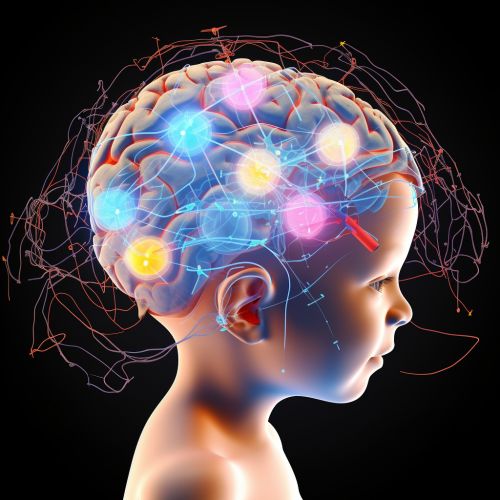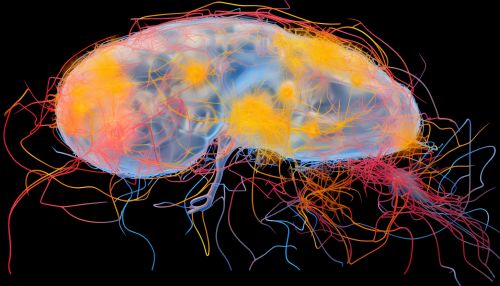Cognitive Neuroscience of Cognitive Development in Children
Introduction
Cognitive neuroscience is a branch of neuroscience that explores the biological processes that help us to understand complex cognitive functions such as learning, memory, and language. It combines the principles of neuroscience and psychology to study how the brain enables the mind. In the context of children, cognitive neuroscience takes a developmental approach to understand how these cognitive functions and the brain itself change and mature over time.
Cognitive Development in Children
Cognitive development refers to the process by which a child’s understanding of the world changes as a function of age and experience. Theories of cognitive development seek to explain the quantitative and qualitative changes that occur during development. Some of these theories highlight the role of experience, while others emphasize the role of biological maturation.
Piaget's Theory of Cognitive Development
Piaget proposed one of the most influential theories of cognitive development. He suggested that children progress through four stages of cognitive development, each characterized by different thought processes. These stages are the sensorimotor stage, the preoperational stage, the concrete operational stage, and the formal operational stage.
Vygotsky's Sociocultural Theory
Vygotsky's sociocultural theory of cognitive development emphasizes the influence of social and cultural experiences on cognitive development. He proposed that learning is a collaborative process and that children learn through guided participation in social activities with more knowledgeable others.
Cognitive Neuroscience of Cognitive Development
Cognitive neuroscience of cognitive development involves the study of how the brain develops and changes in response to the child's environment and experiences. This field combines cognitive developmental research with neuroscientific methods to provide a deeper understanding of the mechanisms underlying cognitive development.
Brain Development in Children
The human brain undergoes significant changes during childhood. These changes include the growth of neural connections, pruning of unused connections, and myelination of neurons. These processes are influenced by both genetic factors and the child's environment and experiences.
Neuroplasticity
Neuroplasticity refers to the brain's ability to change and adapt as a result of experience. This plasticity is particularly evident during childhood, a period of rapid cognitive development. Neuroplasticity allows the brain to adapt to new experiences, learn new information, and recover from brain injury.
Role of Experience in Brain Development
Experiences play a crucial role in shaping the developing brain. Both positive and negative experiences can have a lasting impact on brain development. Positive experiences, such as supportive relationships and stimulating environments, promote healthy brain development. In contrast, negative experiences, such as stress or neglect, can hinder brain development.


Impact of Cognitive Neuroscience on Understanding Cognitive Development
Cognitive neuroscience has significantly contributed to our understanding of cognitive development. It has provided insights into the neural mechanisms underlying cognitive processes and has helped to elucidate the role of experience in shaping these processes.
Understanding Cognitive Processes
Cognitive neuroscience has helped to identify the specific brain regions and neural networks involved in various cognitive processes. For example, it has revealed that the prefrontal cortex plays a crucial role in executive functions such as planning, decision-making, and impulse control.
Elucidating the Role of Experience
Cognitive neuroscience has also shed light on the role of experience in shaping cognitive development. It has shown that experiences can alter the structure and function of the brain, a phenomenon known as experience-dependent plasticity.
Future Directions in Cognitive Neuroscience of Cognitive Development
The field of cognitive neuroscience of cognitive development continues to evolve. Future research will likely focus on further elucidating the neural mechanisms underlying cognitive development, investigating the effects of various experiences on brain development, and developing interventions to support healthy cognitive development.
